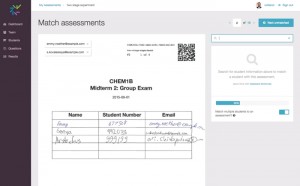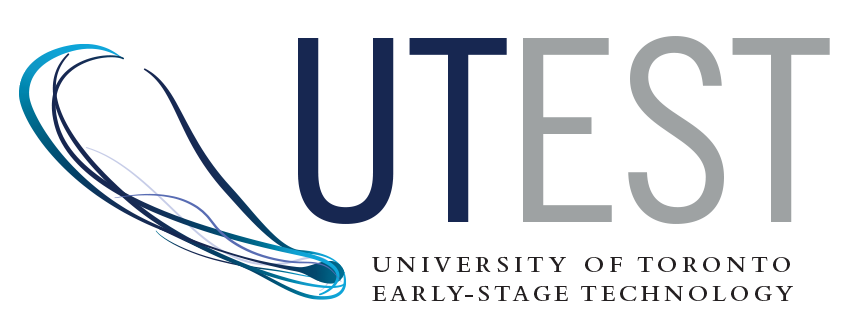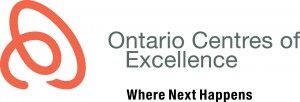MI’s Joel Liederman on CanadaAM to talk product development
Joel Liederman, vice-president of Physical Sciences, appeared on CanadaAM April 5, 2016 to talk about how to make a product. The interview is part of CanadaAM's "What's Next" segment on…
Joel Liederman, vice-president of Physical Sciences, appeared on CanadaAM April 5, 2016 to talk about how to make a product. The interview is part of CanadaAM's "What's Next" segment on…

TORONTO, Oct. 21, 2015 – Working with five leading universities in North America during 2014-15, Crowdmark Inc., a collaborative online grading and analytics platform, has demonstrated the benefits and advantages of using two-stage examinations in a number of undergraduate programs in post-secondary institutions across the world.
Crowdmark has worked with universities to introduce two-stage exams as a way to integrate collaborative learning and assessment into the traditional exam format. In a two-stage exam, students individually complete the exam and then, working in groups of three to four, immediately complete the exam again. This method provides students with immediate feedback through discussion with their peers as they deliberate the most correct response. The two-stage exam provides feedback on individual performance while increasing students’ engagement and comprehension of course content.
James Colliander, Crowdmark Founder/CEO and Professor of Mathematics at the University of British Columbia is encouraged by the reception two-stage exams have received at universities in North America.
“The experiments with two-stage exams last spring were very informative and helped shape our platform to support a new and emerging assessment scenario,” says Colliander. “Also with feedback from our customers, we made elegant improvements allowing Crowdmark to be used for other assessment types including lab reports and group projects.”
 Techvibes, a publication dedicated to covering latest trends in start-up culture and social and mobile news, covered the University of Toronto Early-Stage Technology (UTEST) program’s call for applications in an online article on March 1, 2014.
Techvibes, a publication dedicated to covering latest trends in start-up culture and social and mobile news, covered the University of Toronto Early-Stage Technology (UTEST) program’s call for applications in an online article on March 1, 2014.
Applications for UTEST’s third cohort are open until April 17, 2014. Co-directors Kurtis Scissons and Mike Betts will work with selected applicants for a period of twelve months to guide their idea to market. Successful applicants receive work space for a year, mentorship, $30,000 in funding and access to industry expertise.
 TORONTO (August 16, 2010) – MaRS Innovation (MI) is pleased to announce that translational funding to support product development for early-stage technologies from its members has been successfully deployed from federal and provincial sources. At the federal level, three of MI’s commercialization projects have recently received notification of funding from the Canadian Institutes of Health Research (CIHR) Proof of Principle (PoP) program, amounting to approximately $470,000.
TORONTO (August 16, 2010) – MaRS Innovation (MI) is pleased to announce that translational funding to support product development for early-stage technologies from its members has been successfully deployed from federal and provincial sources. At the federal level, three of MI’s commercialization projects have recently received notification of funding from the Canadian Institutes of Health Research (CIHR) Proof of Principle (PoP) program, amounting to approximately $470,000.
Moreover, MI has successfully deployed about $1 million in proof of principle funding received from the Ontario Ministry of Research and Innovation (MRI) through the Ontario Centres of Excellence (OCE). This provincial program was previously managed by the MI founding commercialization partners in the life and physical sciences, BioDiscovery Toronto (BDT) and Technology Transfer Toronto (TTT). MI is grateful that these organizations laid the foundation for provincial proof of principle funding and looks forward to continuing a successful provincial PoP program.